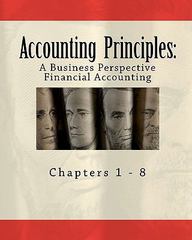Question
The goats of two villagers graze on a common pasture. The number of goats that villager i = 1, 2 keeps is xi , assumed
The goats of two villagers graze on a common pasture. The number of goats that villager i = 1, 2 keeps is xi , assumed to be real non-negative number. The payoff of villager i depends directly on xi . It also depends on how much of the pasture is left unused for regeneration. Namely, if X = x1+x2 is the total number of goats, and K is some exogenous capacity of the pasture, then the payoff is increasing in the difference (K X). To be precise, the total payoff of agent i = 1, 2 is ui = (xi )+ ( K X). (If villagers select the number of goats so that K < X, then the pasture is destroyed, all goats die and the payoff drops to zero)
1.( no-tax case = 0) Suppose that villager 2 observes how many goats villager 1 buys, and then decides how many goats to buy. Specify the game formally, in particular explain the strategies of each player. What solution concept would you use? Find an equilibrium. Who has an advantage, the first mover or the second mover?
Step by Step Solution
There are 3 Steps involved in it
Step: 1

Get Instant Access to Expert-Tailored Solutions
See step-by-step solutions with expert insights and AI powered tools for academic success
Step: 2

Step: 3

Ace Your Homework with AI
Get the answers you need in no time with our AI-driven, step-by-step assistance
Get Started


